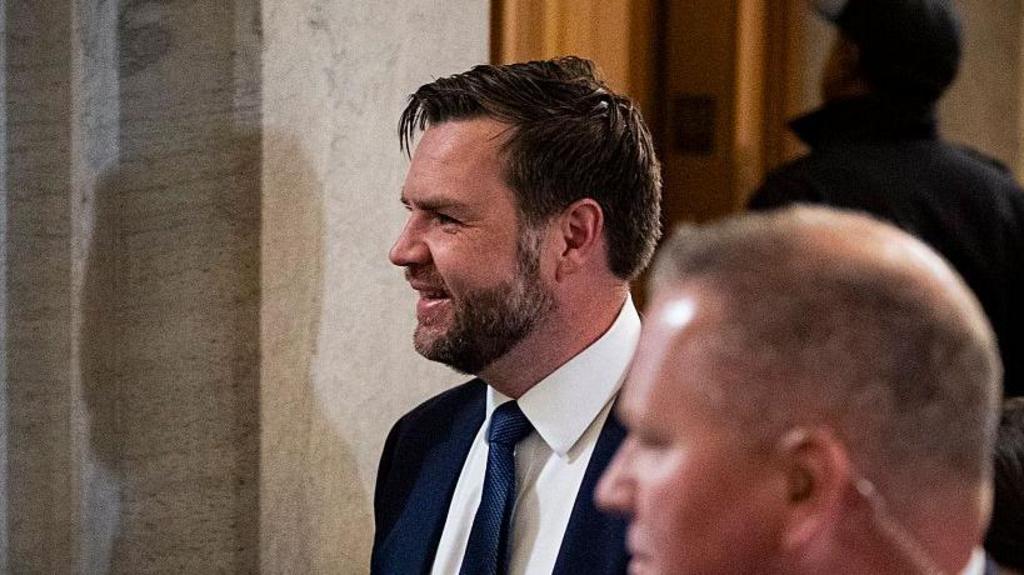U.S. Senators have engaged in over 24 hours of negotiations regarding amendments to a comprehensive tax and spending bill, which appears to be stalled due to a lack of sufficient votes for passage.
Four Republican Senators have indicated their inability to support the nearly 1,000-page legislation in its current form. Given the party’s narrow margin of control, securing the support of just one additional senator is crucial.
Following Senate approval, the bill must return to the House of Representatives, where it will face another challenging vote, as Republicans hold only a slim majority in that chamber.
While President Donald Trump had previously expressed his desire to have the legislation on his desk by July 4th, he acknowledged on Tuesday that meeting that deadline would be “very hard.”
By mid-morning on Tuesday, Senate Majority Leader John Thune was observed pacing the Senate floor, arms crossed, and chewing gum, reflecting the intensity of the situation.
The ultimate fate of the bill rests largely on his leadership. Republican leadership appeared increasingly confident of securing the necessary votes, scheduling final votes to take around 11:00 EST (16:00 BST).
Currently, the Republican party appears to have lost the support of four of its members: Senators Susan Collins of Maine, Thom Tillis of North Carolina, Lisa Murkowski of Alaska, and Rand Paul of Kentucky.
Given the narrow margin for dissent, Vice-President JD Vance arrived on Capitol Hill shortly after 6:00 EST (12:00 GMT) to potentially cast tie-breaking votes.
He played a crucial role in pushing one amendment through a tight vote and is expected to be a key figure in determining the bill’s outcome.
The amendment process is nearing completion, and Republican Senate leadership is engaged in conversations and negotiations with dissenting members to secure the required number of votes. Leadership will not bring the bill to a final vote until they have the numbers they need. The timeline for this remains uncertain.
The bill, considered essential to President Trump’s second-term agenda, aims to extend significant tax cuts that were implemented during his first term.
To offset the resulting revenue loss, Republicans are proposing spending cuts across various programs, including healthcare for lower-income Americans and food subsidies. However, internal disagreements persist within the Senate regarding the specific areas where these cuts should be implemented.
President Trump had previously urged the Republican-controlled Congress to send him a final version of the bill for his signature by Friday.
However, following more than 24 hours of debate over amendments to the bill, referred to as a “vote-a-rama,” which highlighted clear divisions, he softened his stance on the July 4th deadline.
“I’d love to do July 4th, but I think it’s very hard to do July 4th…. I would say maybe July 4th or somewhere around there,” President Trump told reporters as he was departing the White House.
In May, the House of Representatives passed its version of the budget bill by a narrow one-vote margin. Upon its arrival in the Senate, Republicans introduced numerous modifications.
Consequently, once the bill passes the Senate, it will need to return to the House of Representatives for another vote, where Republicans anticipate facing another uphill battle.
Democrats in both chambers oppose the bill and have attempted to obstruct its passage in the Senate.
Relatives of one victim posted on Facebook that the state had failed them by allowing a plea deal.
Senators are debating a nearly 1,000-page bill that is pivotal to President Donald Trump’s domestic agenda.
President Trump says a statutory ban on tourism to Cuba will be enforced more strictly.
With days to go before 9 July, when the tariff pause ends, hopes persist but negotiations are tough.
Crew members were able to quickly rescue the pair, who were on the last day of a Disney cruise to the Bahamas.

